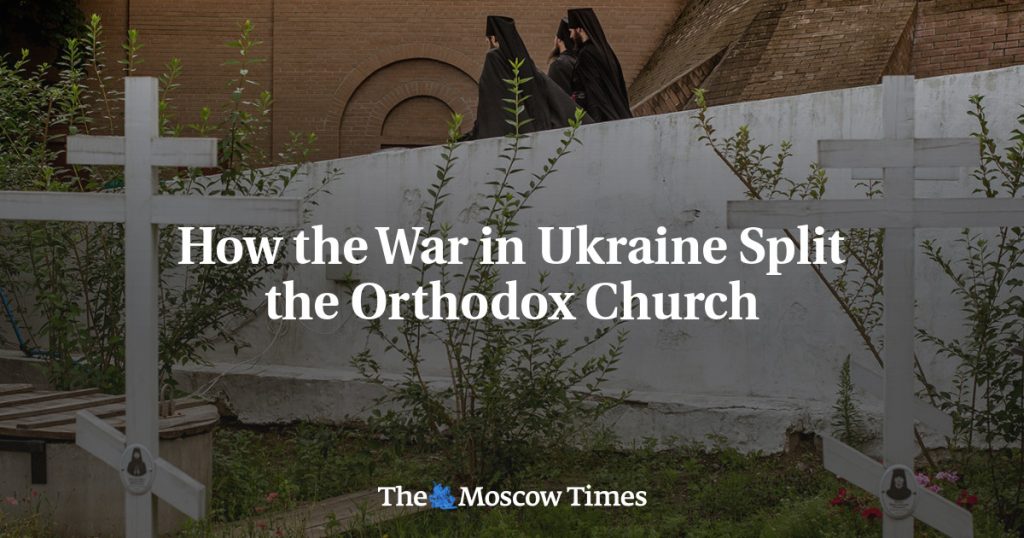In July 2023, the author embarked on a pilgrimage to the Pochaiv Monastery in western Ukraine, an Orthodox complex founded by monks who fled after the Mongols sacked the capital in 1240. Despite being in a mainly Catholic region, Pochaiv is a stronghold of the Moscow-linked Ukrainian Orthodox Church. The journey included encountering a woman deeply engaged in prayer, as well as learning about the relics of St. Iov, the 17th-century abbot of Pochaiv, who was known for his cave that required confession to exit. However, recent political developments threaten the future of the Ukrainian Orthodox Church under the Moscow Patriarchate, as Ukraine’s parliament voted to ban religious groups linked to Russia, with President Zelensky emphasizing the move towards liberation from Moscow’s influence.
President Putin’s war in Ukraine has led to unintended consequences, including shifting alliances and deepening Russia’s dependence on other countries. The conflict has also accelerated the decline of the Moscow-linked Ukrainian Orthodox Church, as many parishes have joined the rival Orthodox Church of Ukraine. The Orthodox Church of Ukraine, formed in 2018 with the support of the Constantinople Patriarch, represents a move towards spiritual autonomy from Moscow and closer ties with Europe and the West. The Moscow Patriarchate’s refusal to recognize this new church has led to tensions and divisions within Ukraine.
The decision to grant the Orthodox Church of Ukraine independence was a significant blow to Patriarch Kirill and President Putin, as it threatened to reduce the Moscow Patriarchate’s influence in Ukraine. However, resistance to change within the Ukrainian Orthodox Church remains, with some members reluctant to leave despite atrocities committed by Russian troops. The UOC’s significant sway in many communities has led Ukraine’s security service to view it as a potential fifth column, with several UOC clerics convicted of treacherous acts.
The author’s visit to the frontline Sviatohirsk monastery near Slovyansk highlighted the turmoil within the UOC, with the abbot facing legal challenges for allegedly collaborating with the Russians. Despite internal divisions, only two Ukrainian bishops have switched sides to support the Orthodox Church of Ukraine, with financial interests and political allegiances playing a significant role. The involvement of Russian oligarchs and foreign lobbyists in supporting the UOC has added another layer of complexity to the situation, with international figures spreading false narratives about the conflict in Ukraine.
As tensions continue to escalate within the Ukrainian Orthodox Church, there are concerns about potential conflicts over church property and assets. The recent law giving the UOC nine months to sever ties with Moscow has raised fears of violence and unrest, with implications for Ukraine’s international relationships. The uncertain future of the UOC in Ukraine reflects broader shifts in the country’s religious landscape, with a growing wave of resistance to Moscow’s influence and a desire for closer ties with the West. Ultimately, the fate of the UOC will have significant implications for Ukraine’s religious and political future.















